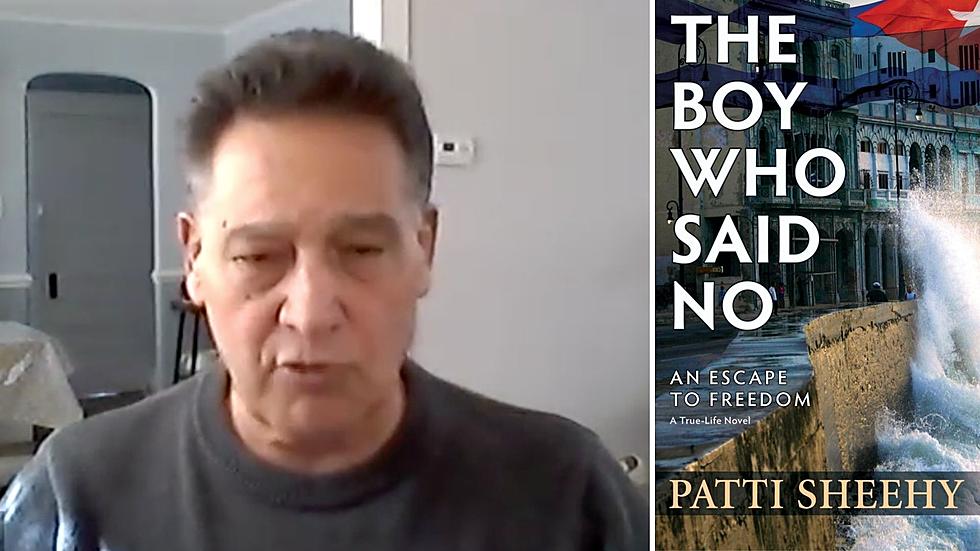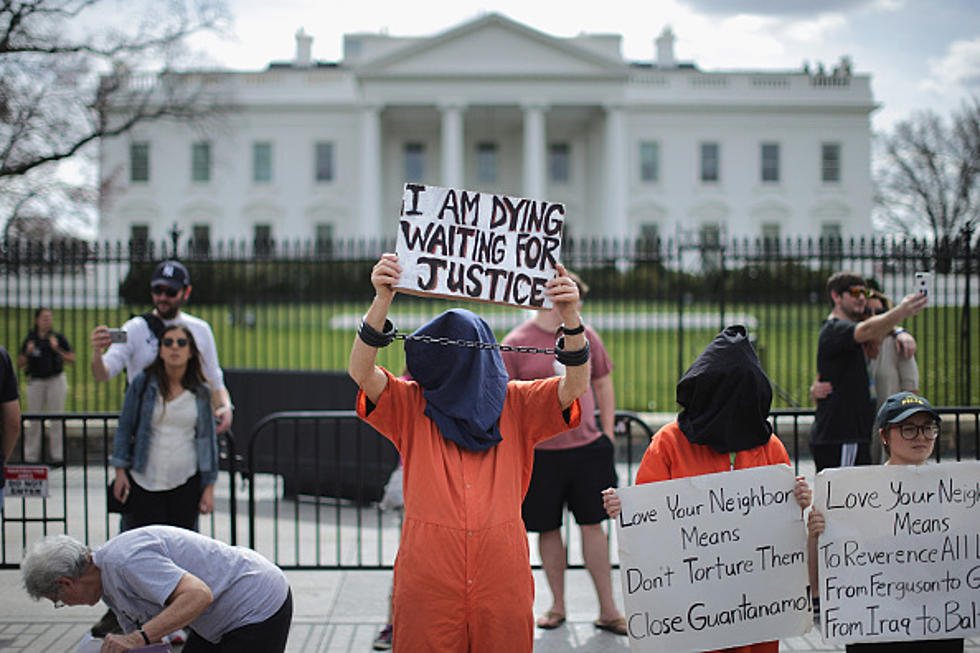
A New Jersey man’s story of escaping from socialist tyranny
Known as "The Boy Who Said No," Frank Mederos has a story to tell.
It's the curious title of the book about his life. We had a conversation about his young life in Cuba, before and after the Communist takeover, and the wretched and oppressive society that came in with the Castro insurrectionists who toppled the U.S.-backed government of Batista.
Historians agree that the regime Castro toppled had its faults, crushing political opposition with violence and not recognizing the same rights enjoyed by U.S. citizens. The actual history is more complicated as many don't realize that Batista was the duly elected president from 1940 to 1944 enjoying support from the local communists.
Things changed in Cuba when the former president returned from retirement in Miami to run in 1951. Instead, he and his military allies took over the government.
What's interesting about the 1952 coup is that it was led by the same guy who revolted in 1933 and then facilitated a democracy that lasted for twelve years from 1940 to 1952.
Reading the news reports from the day after the regime change, it's clear that there are two sides to the discussion. How corrupt was the current Cuban president? Would the elections in 1952 have been free and fair? While historians can debate the details, it's interesting that the coup was accomplished without firing a shot. The current president fled and the palace was turned over peacefully.
Additionally, Cuba went through years of middle-class prosperity in the seven years following Batista's takeover.
Excerpt from American Experience:
Cuba ranked fifth in the hemisphere in per capita income, third in life expectancy, second in per capita ownership of automobiles and telephones, first in the number of television sets per inhabitant. The literacy rate, 76%, was the fourth highest in Latin America. Cuba ranked 11th in the world in the number of doctors per capita. Many private clinics and hospitals provided services for the poor. Cuba's income distribution compared favorably with that of other Latin American societies. A thriving middle class held the promise of prosperity and social mobility.
Like most nations, there was a disparity between rich and poor, but following the violent and deadly socialist insurgency led by Fidel Castro, Cuba was plunged into economic despair and tyranny.
Frank Mederos was a middle-class Cuban kid who loved to fish with his grandfather. As he recounted life as a 12-year-old on the eve of the nation-destroying socialist revolution, things were pretty good in the island nation. Frank and I talked about his early life, going to school, enjoying Santa's visit on Christmas, and a relatively normal experience that for many families in Havana rivaled their American neighbors.
We discussed the military ripping him from his family after careful manipulation and propaganda through the public schools. We discussed the calm following the revolution in 1959 and 1960 and then the seemingly overnight transformation in 1961 with food lines, property seizures, and silence and isolation among neighbors.
One of the really important points is that despite Cuba being one of the most literate nations in Central and South America, Castro's regime made literacy a key talking point. Of course, what they really meant to accomplish was full brainwashing of the younger generation to accept the terms of the new tyranny by defining it as progress.
Don't miss this first conversation with Frank. We take a journey up to his 16th birthday. Next week in "Part 2" of our talk, we'll hear about his escape. This is a movie in the making for sure.
Listen here:
The post above reflects the thoughts and observations of New Jersey 101.5 talk show host Bill Spadea. Any opinions expressed are Bill's own. Bill Spadea is on the air weekdays from 6 to 10 a.m., talkin’ Jersey, taking your calls at 1-800-283-1015.

2021 NJ property taxes: See how your town compares
New Jersey's smallest towns by population
More From New Jersey 101.5 FM









